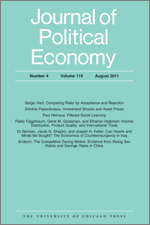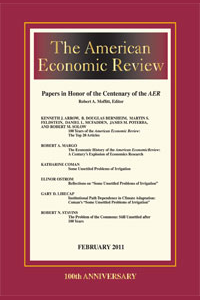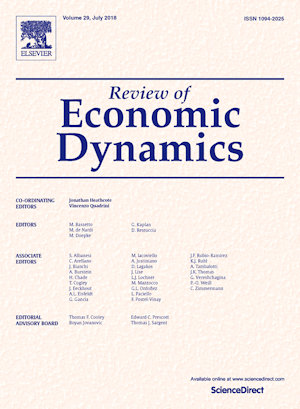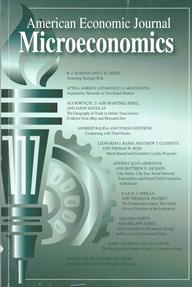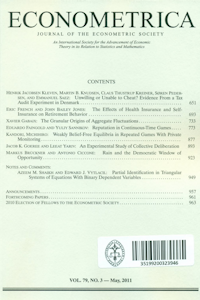
Evans, R. A.
Mechanism design with renegotiation and costly messages
Econometrica
Vol. 80(5) pp. 2089-2104 (2012)
Abstract: According to standard theory, the set of implementable efficient outcome functions is greatly reduced if the mechanism or contract can be renegotiated ex post. In some cases, contracts can achieve nothing and so, for example, the hold-up problem may be severe. This paper shows that if the mechanism is designed in such a way that sending a message involves a small cost, then renegotiation essentially does not restrict the set of efficient implementable functions. Given a weak preference-reversal condition, any Pareto-efficient, bounded social choice function can be implemented in subgame-perfect equilibrium in a renegotiation-proof manner, for any strictly positive message cost. The key point is that messages themselves can act as punishments.
Author links: Robert Evans
Publisher's Link: http://onlinelibrary.wiley.com/doi/10.3982/ECTA8772/abstract ![]()
Cambridge Working Paper in Economics Version of Paper: Mechanism Design and Non-Cooperative Renegotiation, Evans, R. A. and Reiche, S. K., (2013)

